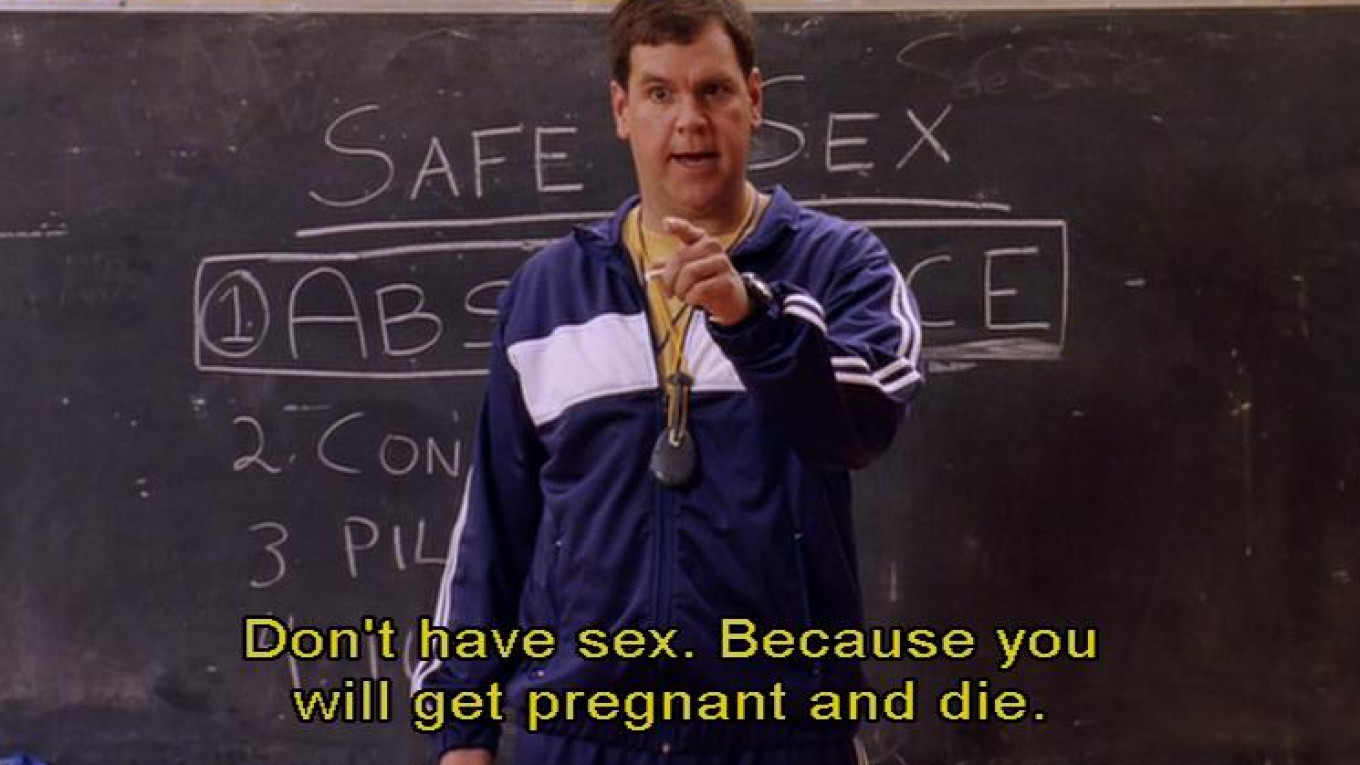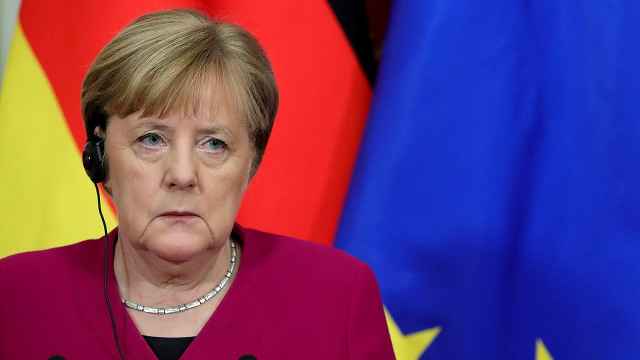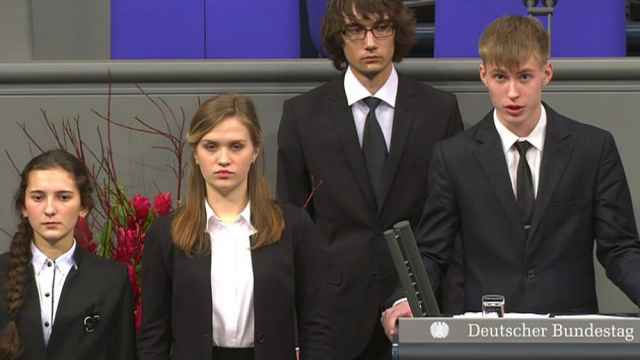A German family
that fled to rural Siberia to protect their children from sex
education in German schools appears to have concluded that life in a Russian village is
worse than learning where babies come from.
Eugen and Luiza Martens and their ten
children came to the village of Kyshtovka in Russia's Novosibirsk region on Dec. 18, swearing that they would settle in the area and take up
farming.
Deemed “sex refugees” by the
Russian press, the conservative Baptist family fled to Russia shortly
before the start of sex education classes in their children's school.
They said the sex ed curriculum violated their religious beliefs, and they feared legal consequences
in Germany for their opposition to sex ed, the VN news site reported.
Eugen Martens had previously come into
conflict with the authorities for allowing his daughter to skip sex
ed lessons which he says made her uncomfortable.
“As a grown man, I'm even ashamed to
go into the details of what they teach,” he told the Komsomolskaya
Pravda newspaper in December. “It's that so-called gender ideology,
when they tell a child that he can chose who he is: man, woman, or
someone else...”
When he refused to pay a fine after his
daughter missed the mandatory lessons, Martens was even forced to
spend a night in jail. His arrest reportedly sparked a major scandal
in Germany, which was also covered by Russian state television.
Born in Siberia, Eugen and Luiza
Martens grew up in Germany. Upon arriving in the Novosibirsk region,
they planned to get Russian citizenship through a program for
resettling ethnic Russians from abroad in Russia.
They said they were not afraid of the harsh
Siberian winter, when temperatures can reach negative 40 degrees
Celsius. They also appeared unconcerned by the primitive conditions
in the village where they had settled.
Last week, Eugen traveled back to
Germany to arrange for the family's possessions to be shipped to
Russia.
However, after his return, the family abruptly traveled to the regional capital of Novosibirsk, and flew to Germany from there.
A Message from The Moscow Times:
Dear readers,
We are facing unprecedented challenges. Russia's Prosecutor General's Office has designated The Moscow Times as an "undesirable" organization, criminalizing our work and putting our staff at risk of prosecution. This follows our earlier unjust labeling as a "foreign agent."
These actions are direct attempts to silence independent journalism in Russia. The authorities claim our work "discredits the decisions of the Russian leadership." We see things differently: we strive to provide accurate, unbiased reporting on Russia.
We, the journalists of The Moscow Times, refuse to be silenced. But to continue our work, we need your help.
Your support, no matter how small, makes a world of difference. If you can, please support us monthly starting from just $2. It's quick to set up, and every contribution makes a significant impact.
By supporting The Moscow Times, you're defending open, independent journalism in the face of repression. Thank you for standing with us.
Remind me later.






